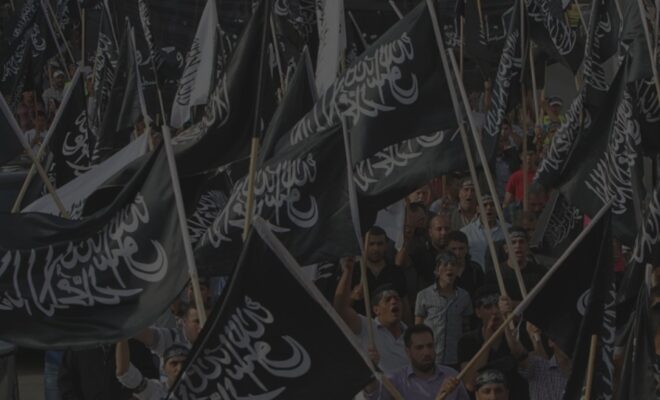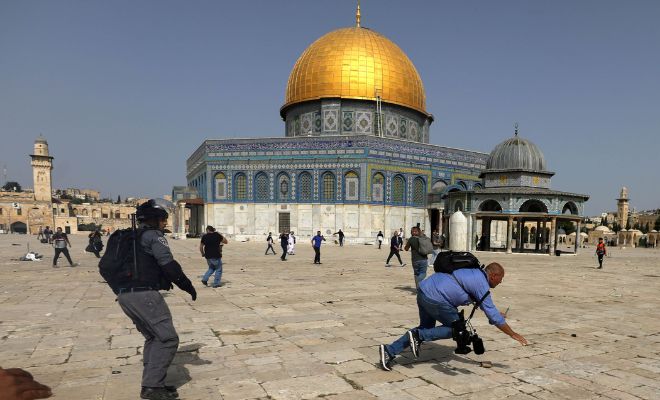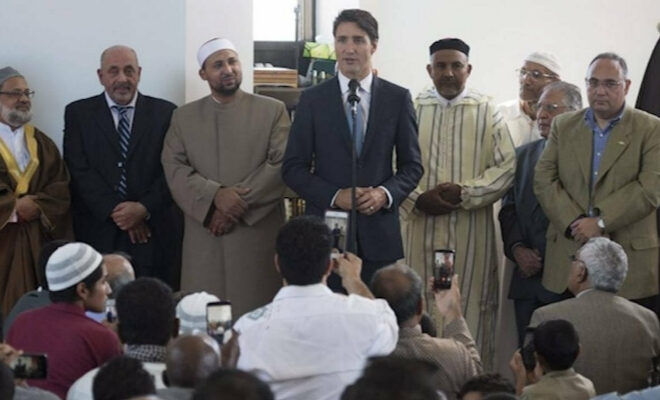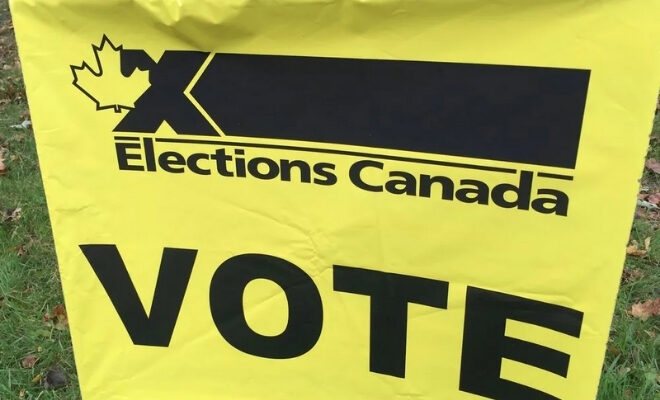Sudan’s Internal War: Examining the Power Brokers and Their Agendas
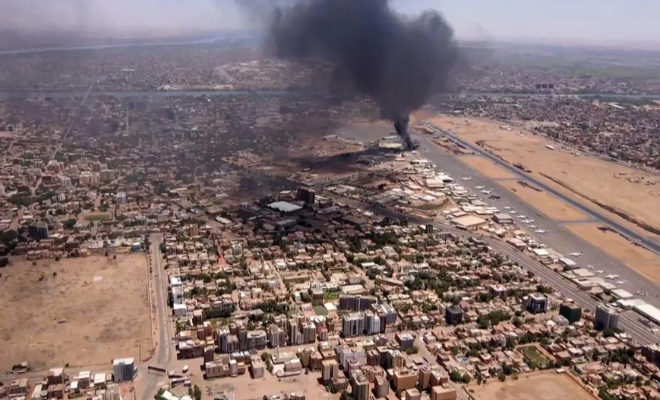
The following is a summary of the Answer to the Question titled, “The Armed Fighting in Sudan and its Repercussions on the Political Conflicts”.
Clashes broke out on April 15, 2023, between the Sudanese Armed Forces and the RSF in several critical military locations across the country, including the army headquarters, airport, and other areas in Khartoum. In response, US, British, Canada and other diplomats evacuated the capital. Does this evacuation indicate that the fighting will continue? What is the explanation for this, especially since Al-Burhan and Hemedti are American agents? Or is it that one of them has become inclined towards Britain and Europe, hence this infighting? And what is the expected solution at the end of this infighting?
Constitutional Document: Roots of the Euro-American Conflict
To understand the current fighting, the context around the “constitutional document” needs to be understood. It was signed on Aug. 17, 2019, between America’s military council agents and British and European civilian agents aimed to transition power from the military to the civilian components in Sudan. Thus, the timeline was adjusted to 51 months after the Juba agreement on Oct. 3, 2020, with the civilian takeover planned for November 2021. However, the military leaders – Al-Burhan and Hemedti – were unsatisfied with this shift of power.
Two months before the planned civilian takeover, a coup attempt had been reported (and it was thwarted). The Sudanese Minister of Defense, Lieutenant General Yassin Ibrahim, reported that Major General Abdel-Baqi Bakrawi and 22 officers, non-commissioned officers and soldiers were involved in the coup attempt. However, the coup attempt appeared fabricated, as Bakrawi was closely linked with military leaders Al-Burhan and Zamil Shams Al-Din Kabbashi, who were America’s top agents in the Sudanese Army and Sovereignty Council. This suggests the coup attempt was orchestrated by the leadership to reorganize the government before the scheduled handover of power.
As a result, the Sudanese army arrested Prime Minister Abdullah Hamdok, most of his government members, and several media sector workers, with reports of a military coup in progress. Hamdok’s office declared that the events represented a complete coup against the gains of the revolution and a dismemberment of the constitutional document.
Thus, it becomes clear that the agreement concluded in 2019 between civilians in the Forces of Freedom and Change and the military council was a trap set by the military council, and America behind it, for these forces by making the presidency of the Sovereignty Council first for the military and second for civilians. So, the Forces for Freedom and Change were deluded that they would be handed over the presidency of the council, i.e., the rule of Sudan after the first 21 months. If this were possible, the British and European agents would have been able to make sweeping changes affecting the army leadership and financing it in a way that threatens American influence in Sudan; this, America cannot allow.
US Involvement Immediately Before the Fighting
The agreement required its final signing on Apr. 6, 2023, and the formation of the civil government on Apr. 11, 2023. The US Assistant Secretary of State for African Affairs, Molly Phee, called both the Vice-President of the Sovereignty Council, the Commander of the Rapid Support Forces, Hemedti and the spokesman for the political process, Khalid Omar, days after she contacted the President of the Sovereignty Council and the Army Commander, Al-Burhan. Furthermore, on the night of April 14, the New York Times reported that there was a negotiation session between the two parties: Al-Burhan and Hemedti, in the presence of foreign envoys, during which promises were made, and concessions extracted, before they had dinner together at the home of a senior military commander. This was one day before the fighting broke out.
In-Fighting: A Means to Avoid the Transfer of Power
Violent clashes between the army and Rapid Support Forces on Apr. 15, 2023, dealt a blow to hopes of transferring power to pro-British civilian forces in Sudan. The political conflict, previously between pro-American military and pro-British civilian components, shifted to a military confrontation between Al-Burhan and Hemedti. The military component aimed to control the implementation timeline and amend the Framework Agreement to reduce civilian influence. Al-Burhan’s statement about establishing civil rule “soon” implies it would happen according to military requirements. If not possible, they might cancel the agreement by fabricating the difficulties in merging the Rapid Support Forces with the army, thereby canceling the constitutional document through a new approach.
Is America’s Ploy Working?
Opposition political forces appealed to the army and Rapid Support Forces to stop their fighting, despite previously being against both parties. These forces shifted their focus from demanding a civil government to calling for an end to the conflict and urging both parties to return to the negotiating table for peaceful solutions. As a result, the political opposition transformed from being an opposition force to a reconciliatory force between the army leadership and the Rapid Support Command – thereby working to accomplish America’s objective.
Why Demand a Ceasefire and Not an End to Fighting?
The US State Department, through Secretary of State Anthony Blinken, urged for an urgent cease-fire to allow humanitarian aid delivery to those affected by the fighting in Sudan. Both the army and Rapid Support Forces responded immediately to the American call, agreeing to a 24-hour cease-fire. This proves that Al-Burhan and Hemedti follow the Americans and quickly implement America’s orders. And if they asked them to stop the fighting completely and seriously, they would stop it. But they asked them for a truce for 24 hours. This means that the US has given them a greenlight to continue the fighting.
Why Will the Fighting Escalate?
Unfortunately, we can expect the fighting to escalate, as evidenced by the recent evacuation of US government personnel from Khartoum. President Biden stated that he ordered the extraction and thanked Djibouti, Ethiopia, and Saudi Arabia for their critical assistance. The Rapid Support Forces, a party involved in the conflict, coordinated with the US to evacuate American diplomats and their families from the embassy in Khartoum. CNN reported that all American diplomats and their families were safely transported out of Sudan on US military aircraft, leading to the closure of the US embassy. The Sudanese army did not comment on the evacuation but mentioned that the US, Britain, France, and China would evacuate their diplomats and nationals from Khartoum, expecting to start immediately. These actions indicate a potential escalation of the fighting.
Has Hemedti Switched Allegiances?
It is unlikely that Britain and Europe stood behind Hemedti’s attempt to overthrow Al-Burhan. Firstly, American agents in the region have been in contact with both sides of the conflict. If America knew Hemedti sided with the British and the Europeans, it would have pushed its agents to support the Sudanese army and called for the Rapid Support Forces to settle the issue of legitimacy with the army. Secondly, the US Secretary of State has been communicating with both parties and calling for a truce, indicating that neither party has switched allegiance. Thirdly, the forces affiliated with Europe in Sudan were shocked by these clashes and did not support one party against another. Thus, there are no doubts about Hemedti’s inclination towards the British; he remains, like Al-Burhan, an agent of America.
Who Pays the Price for America’s Control of Sudan?
When examining the events of the ‘Framework Agreement’ phase, it becomes clear that America controls the truce, manages the events, and sparks military conflicts between its two agents. The ongoing clashes between the Sudanese army and the Rapid Support Forces significantly shift the political conflicts in Sudan to a new arena, an arena orchestrated by America to keep British and European agents away from the center of effective governance. In doing so, America maintains control over its parties. America does not care about the number of dead and wounded, nor does it care about the destruction of Sudan and its military mechanisms. This is the last thing America thinks about, what is important for it is to be in control in Sudan, so that Britain and Europe do not dispute its authority.
Conclusions
First, the ongoing clashes between the Sudanese army and the Rapid Support Forces are managed by America, which aims to shift political conflicts in Sudan to a new arena, keeping British and European agents away from the center of conflict. America is more concerned with maintaining control over its parties than the casualties or destruction in Sudan. Second, America seeks to maintain its influence in Sudan without European interference. They have deceived the British-backed Freedom and Change forces with the constitutional document and the Framework Agreement. Third, there is no evidence to suggest that Britain has gained influence over Hemedti, who still follows America’s orders. Fourth, the purpose of the clash is to exclude Britain’s agents. America may prolong the conflict, using hit-and-run tactics rather than decisiveness, to achieve one of the following outcomes: Conclude a new agreement between Al-Burhan and Hemedti, pushing back the pro-European forces and marginalizing them in Sudan; divide Sudan, stripping the West and Darfur, allowing Hemedti to govern these areas where he has significant control, especially over gold mines; or if pro-European forces align behind one of America’s agents (e.g., Hemedti), America may ask that agent to back down and accept the other agent’s control to ensure military leadership in Sudan and thwart the alignment.
Finally, it is clear that the agents, like their masters, do not care about the well-being and security of the people. They only care about sitting on the seats of power and the masters manage them. So, they rose up and terrified people’s security in the last ten days of Ramadan, at a time when people were waiting for the Eid to exchange greetings and visits. So, the criminal killers shed blood, wreaked havoc, confined people to their homes and disrupted their work. And all of this is to please the enemies of Allah (swt), His Messenger (saw), and the believers. People have no choice but to reject both sides; the agents of America and the agents of Britain, and work to overthrow them and support the sincere and aware of the sons of Sudan, the members of Hizb ut Tahrir who carry the project of the Khilafah Rashidah (rightly-guided Caliphate) state on the method of the Prophethood, enjoining good and forbidding evil, they will save the country from all the agents, revive it and protect it from fragmentation and partition, and then may Allah (swt) send His mercy on them and honour them.
“The believing men and believing women are allies of one another. They enjoin what is right and forbid what is wrong and establish prayer and give zakāh and obey Allah and His Messenger. Those – Allah will have mercy upon them. Indeed, Allah is Exalted in Might and Wise” [TMQ 9:71]


